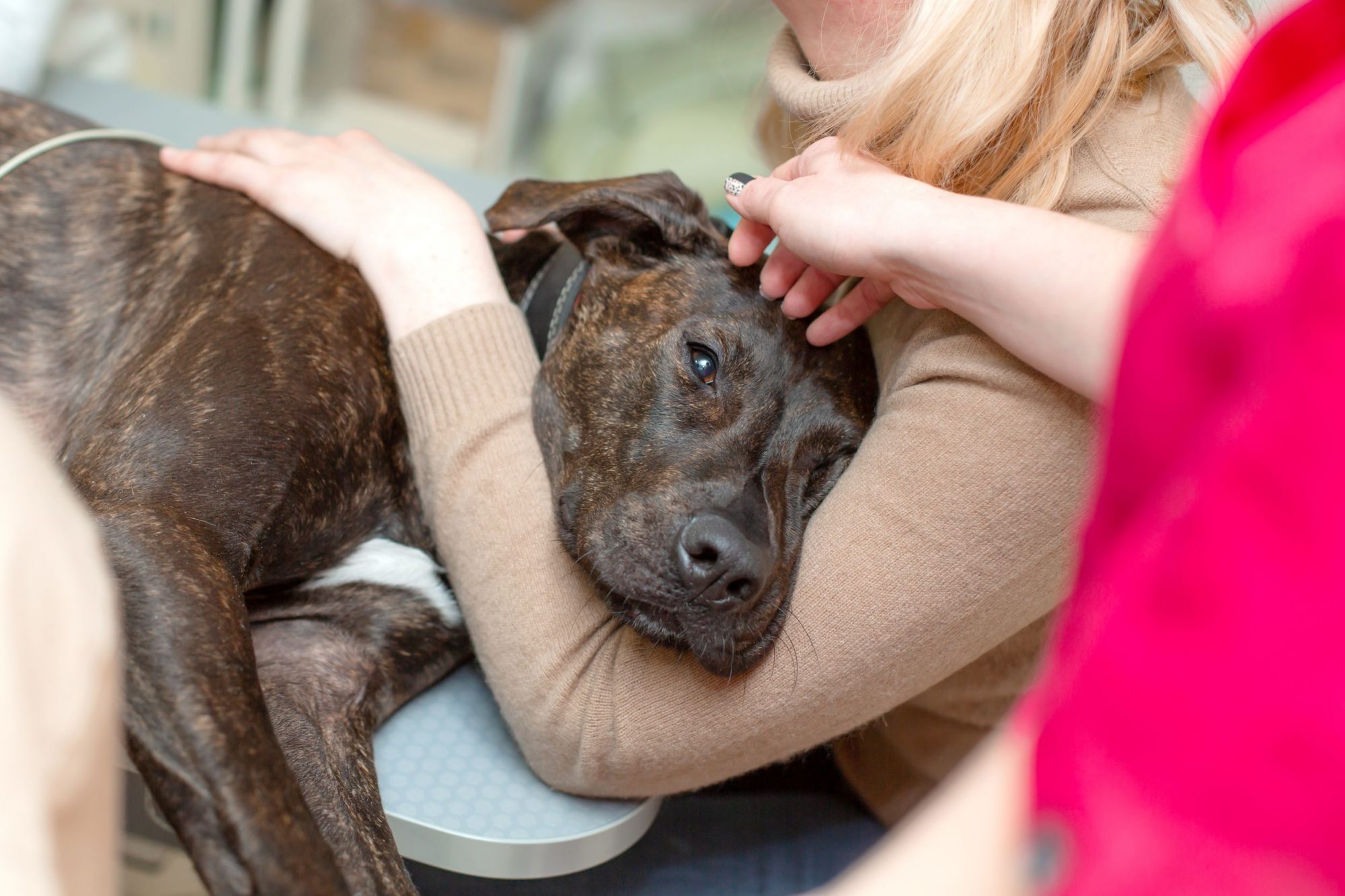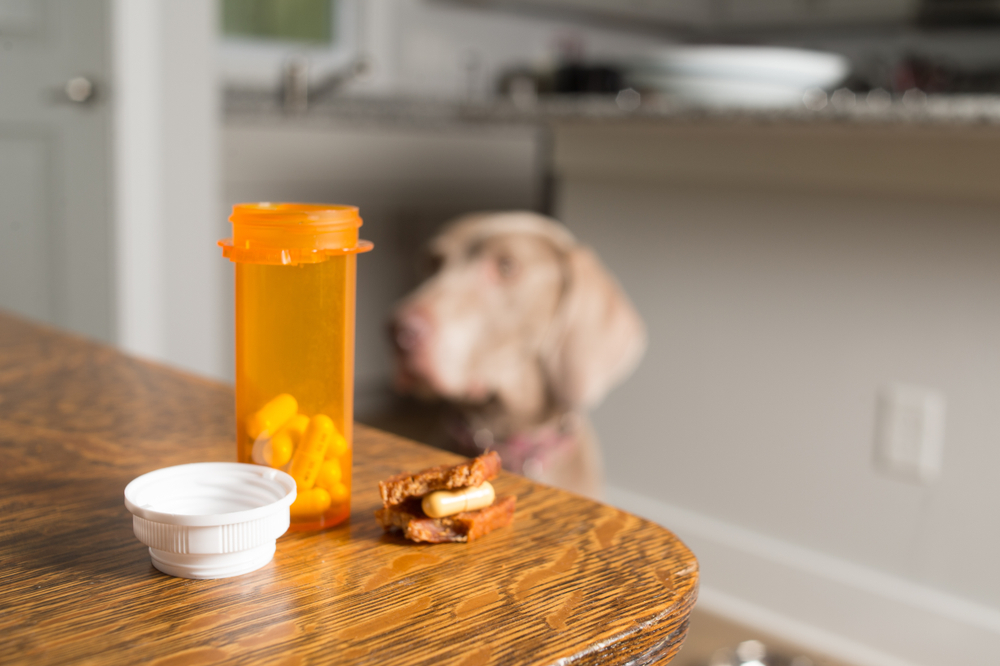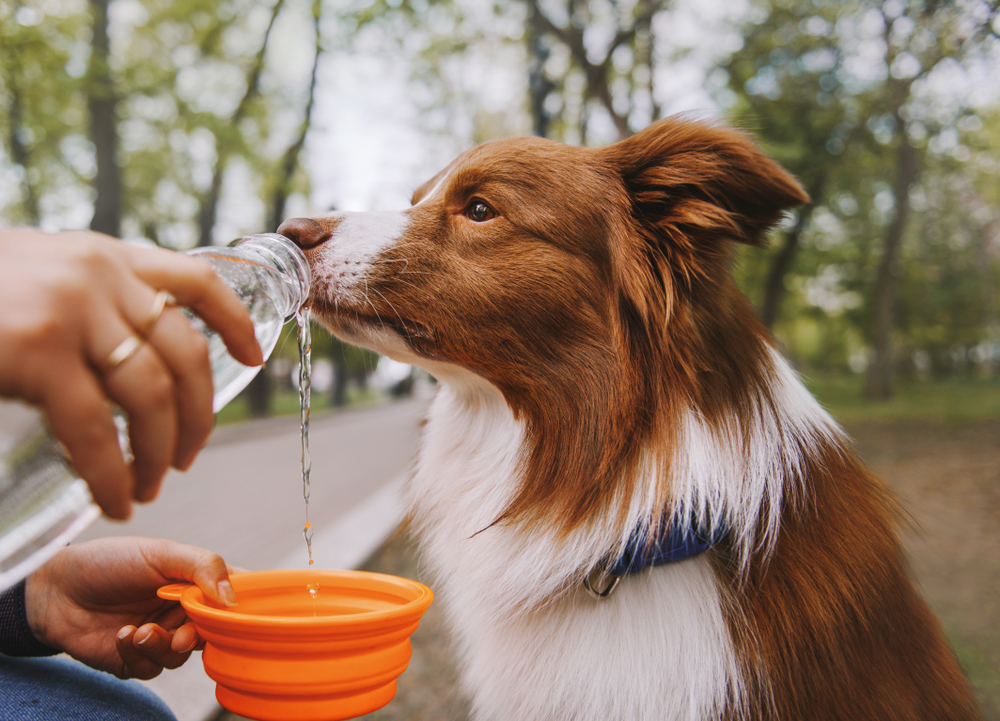Our Blog
Common Red Flags That a Pet Is Sick and Needs Help

When people become ill, they use the power of language to describe what’s wrong, or where it hurts. Animals don’t have that luxury. Instead, thanks to their biological instincts to avoid looking weak, they try to mask their symptoms or simply hide, away from household noise, activity, and observation. Although it might help them from becoming prey in the wild, it also reduces their chance of immediate medical care.
Continue…Animal Behavior: What Your Pets Are Telling You

Our pets don’t speak our language, and yet they communicate with us all the time. While it would be cool to have two-sided conversations with them, we can infer a great deal about what they’re thinking and feeling. Body language is their primary tool, and it’s essential we watch and listen closely. Animal behavior can be mysterious or confusing, but it can also be incredibly straightforward once you know the basics.
Continue…Bringing Holiday Pet Safety to the Next Level

Seasoned pet owners are pretty good about seeing risks long before their pets even approach them. But among the many things that the holidays are good for, lapses in our judgment and vigilance rank pretty high. Don’t worry: with our gentle reminders, your approach to holiday pet safety can quickly and successfully reduce any potential risks to your pet this year.
Continue…Pet Cancer Awareness Month

Advancements in veterinary medicine have helped our dogs and cats live longer than ever before. With longer lifespans, however, comes a higher risk for certain diseases like cancer. Approximately 6 million dogs and 6 million cats are diagnosed with cancer each year. November is Pet Cancer Awareness Month, and the team at Bayside Animal Hospital wants to help you learn more about the disease and what you need to know to protect your pets.
Continue…How to Keep Your Pet Safe During Thanksgiving Gatherings

Thanksgiving holiday is centered around food and family—two- and four-legged members alike. While including your furry family members in the feast is tempting, many aspects of Thanksgiving can put pets in danger—sorry, the turkey leg is off limits for Fido. When celebrating the Thanksgiving holiday, be thankful for your pet, and ensure they remain happy and healthy with the following safety tips.
Dangerous decor: Thanksgiving home hazards for your pet
Continue…Halloween Safety—Pet Tales From the Crypt

Halloween is many people’s favorite holiday, but all the frights are more than make-believe for your pet—they can be hazardous. Our team at Bayside Animal Hospital wants to help you keep your pet safe when the ghosts and ghouls come out to play. We’ve enlisted some experts to offer Halloween safety advice.
Barb the black cat says, “Keep your pet inside on Halloween night. The neighborhood is full of scary creatures and mischievous rascals.”
Continue…Answers to Common Questions About Leptospirosis in Dogs

Leptospirosis is the most widespread zoonotic disease in the world. A zoonotic disease can be spread between animals and humans, meaning you can catch leptospirosis from your pet if they become ill. Our team at Bayside Animal Hospital wants to answer some common questions about this concerning disease, to help you understand the condition, and to take the necessary steps to prevent you and your pet from becoming infected.
Question: What is leptospirosis and how can my dog be infected?
Continue…8 Wildfire Safety Tips For Pets

As more California acreage burns every day, you likely worry about protecting your pet should the fire’s path lead to your door. Our team at Bayside Animal Hospital wants to provide tips to help keep your pet safe if flames get too close.
#1: Ensure your pet has appropriate identification
If you are forced to evacuate, the resulting commotion could cause your pet to panic and run away. Ensure they are wearing a snug fitting collar and current identification in case they get past your defences at a stressful moment. Microchipping is the best way to help ensure a reunion if your pet becomes lost, and this can be done at your pet’s next wellness visit. Then, remember to keep your information current at the microchip registry.
Continue…10 Tips to Keep Your Pet Safe on July Fourth

July Fourth is around the corner, and you are likely already preparing for the barbecue and fireworks display. However, these festivities can be dangerous and distressing for your precious pet. Our team at Bayside Animal Hospital wants to provide tips to reduce your pet’s anxiety, and ensure their safety during the celebration.
Tip #1: Keep tabs on your pet
A noisy gathering can be a stressful situation for your pet, who may try to escape to a quieter place while you are busy socializing. Take a few precautions to ensure you can locate your pet if they decide to wander. Ensure they are wearing a snug collar with accurate identification tags. Have your pet microchipped, and keep your contact microchip registry information current. This is the best way to reunite with your pet if they are lost. Also, take a picture of your pet so you can post a current photograph should they go missing.
Continue…6 Water Safety Tips Every Pet Owner Needs to Know

Your pet loves splashing around in water in every form, from puddles to the ocean. You enjoy watching your pet frolic as they thoroughly soak themselves, but you want to ensure they remain safe while they play. The team at Bayside Animal Hospital recommends a few water safety tips that will protect your pet from danger.
#1: Teach your pet to swim
Pets do not all naturally know how to swim, but you can teach them, if they are receptive to the idea. Swimming is a great, low impact exercise for your pet, and the skill will prevent them from drowning. Follow these steps:
Continue…

